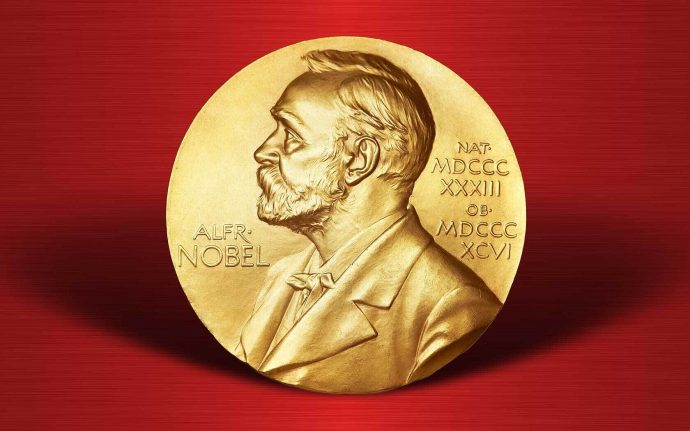
Trio’s work on wealth inequality earns them the Nobel Prize in economics.
British-Americans Simon Johnson and James Robinson, along with Turkish-American Daron Acemoglu, were given the Nobel Prize in Economics on Monday for their studies of international income disparity.
The three were able to show a connection between institutions and prosperity by analyzing the different political and economic structures brought about by European colonists, the jury concluded.
“Reducing the vast differences in income between countries is one of our time’s greatest challenges,” stated Jakob Svensson, who chairs the Committee for the Prize in Economic Sciences.
“The laureates have demonstrated the importance of societal institutions for achieving this,” Svensson said.
Johnson, 61, and Acemoglu, 57, are both professors at the Massachusetts Institute of Technology (MIT).
64-year-old Robinson teaches at the University of Chicago.
The jury emphasised the laureates’ contributions that shed light on the ways in which societal structures contribute to the explanation of why certain nations thrive while others do not.
“I’m overjoyed. As the award was announced in Stockholm, Acemoglu spoke over the phone with reporters, describing the event as “just a real shock and amazing.”
The only Nobel that was not one of the original five awarded in Swedish scientist Alfred Nobel’s bequest before his death in 1896 is the prize for economics.
Rather, it was established in 1968 thanks to a contribution from the Swedish central bank, which led critics to label it “a false Nobel”.
But the Royal Swedish Academy of Sciences selects the laureate in the same manner as it does for the other Nobel prizes in science.
This year’s Nobel season comes to an end with the economics prize. The physics and chemistry prizes were given for advances in artificial intelligence, while the peace prize was given to the Japanese organisation Nihon Hidankyo for their work against nuclear weapons.
Han Kan of South Korea, the only female winner this year, took home the literature prize, while advances in the field of health recognised breakthroughs in the understanding of gene control.
A diploma, a gold medal, and a million dollars make up the Nobel Prizes.
On December 10, the anniversary of physicist and Nobel Prize originator Alfred Nobel’s death in 1896, they will be presented during ceremonies in Stockholm and Oslo.

Content writer, educationist, teacher, researcher, social media manager, and a SEO manager from lahore. She has been working as a freelance academic and non-academic writer for more than 20 years now. She has a passion to learn new things and has a knack for writing and she combines both things to produce write ups she pours her heart out in.

